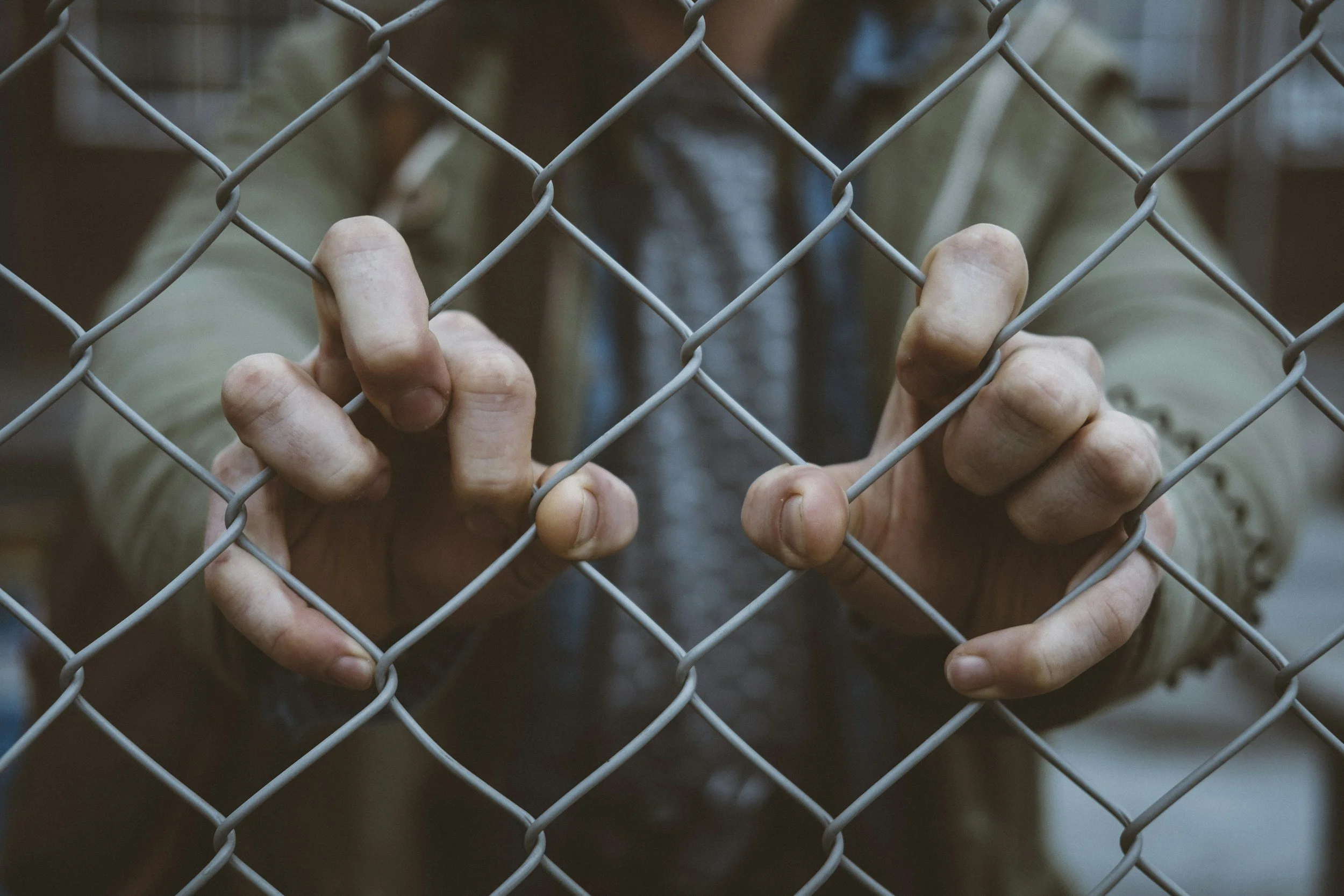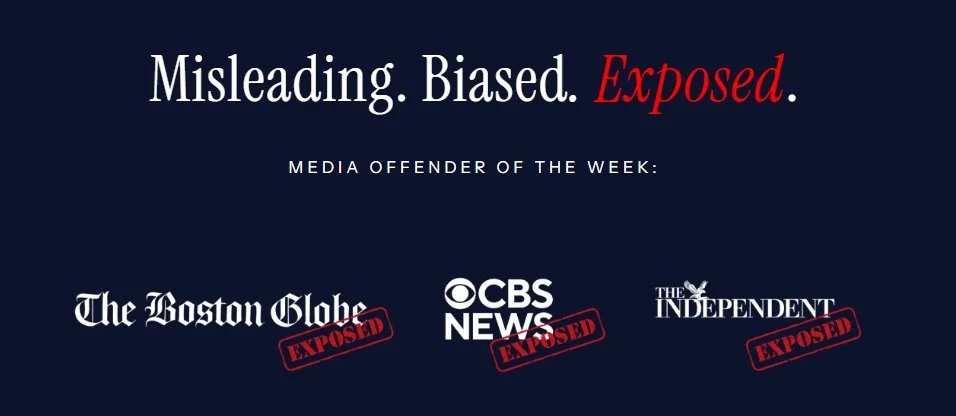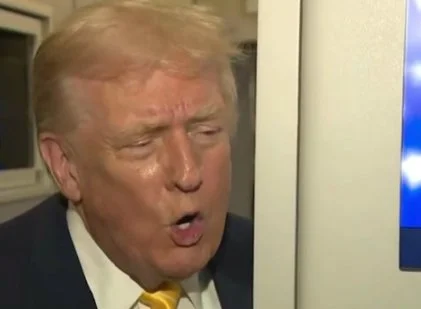Authoritarian Affinities: The Bukele-Trump Alignment and the Erosion of Human Rights
A Convergence of ‘Strongmen’
In the volatile landscape of global politics in 2025, few relationships are as strikingly symbolic of democratic backsliding and transactional governance as the burgeoning alliance between El Salvador's President Nayib Bukele and U.S. President Donald Trump. What began as a pragmatic partnership has evolved into a high-profile alignment marked by mutual admiration, ideological synergy, and a shared disregard for legal norms and human rights. While the relationship offers immediate political dividends for both leaders, it also exemplifies the erosion of democratic accountability, the normalization of authoritarian tactics, and a deeply troubling sidelining of human rights for expedient gains.
Bukele's Domestic Crusade
Bukele, who rose to power in 2019 on a wave of anti-establishment sentiment, has steadily consolidated control over El Salvador’s institutions. His flagship domestic policy has been an aggressive war on gangs, launched in earnest with a nationwide "state of exception" in 2022 following a spike in gang-related killings. This emergency regime suspended key constitutional protections and allowed mass arrests with minimal oversight. Over 85,000 people have been detained since then, many without formal charges or access to legal counsel. Human rights groups report widespread abuses, including torture, deaths in custody, and the imprisonment of innocent individuals swept up in the dragnet. The judiciary has been restructured to align with Bukele’s interests, and mass trials; some involving up to 900 defendants have become a new norm. This crackdown, while popular domestically for its perceived effectiveness in restoring security, has effectively dismantled the rule of law.
From Conflict to Cooperation: U.S.-El Salvador Relations
Under normal circumstances, such authoritarian drift might provoke international censure, particularly from democratic powers like the United States. Indeed, during the Biden administration, U.S.-El Salvador relations became increasingly strained over concerns about Bukele's autocratic tendencies. Washington criticized the ousting of top judges, the erosion of press freedom, and credible evidence that Bukele's administration secretly negotiated with gang leaders while publicly claiming to be waging war against them. Aid was partially suspended, and several Salvadoran officials were sanctioned. Bukele responded with characteristic defiance, rejecting U.S. criticism and asserting El Salvador's sovereignty.
A Transactional Bond: Trump and Bukele in 2025
This tension has dramatically shifted under the Trump administration's return to power in 2025. In a notable reversal of tone and policy, President Trump has embraced Bukele as a kindred spirit. Their April 2025 meeting at the White House showcased their mutual admiration: Bukele lauded Trump’s respect for El Salvador’s sovereignty, while Trump praised Bukele’s crackdown as a model of strong leadership. This mutual endorsement is more than mere flattery, it represents a convergence of governance philosophies that prioritize control, nationalism, and spectacle over legality, transparency, and human dignity.
The Deportation Deal and Legal Evasion
Central to their 2025 alignment is a controversial deportation agreement that exemplifies the transactional nature of their cooperation. Under this deal, El Salvador agreed to receive hundreds of immigrants deported from the U.S., many designated as gang members without formal charges or trials. These individuals, some of whom are not Salvadoran citizens and have no ties to the country, are being held in El Salvador’s mega-prison, the Terrorism Confinement Center (CECOT), with the U.S. reportedly paying $6 million for the service. Critics argue this is not only an outsourcing of justice but also an overt circumvention of U.S. legal protections, such as the right to seek asylum or challenge deportation in court.
One particularly egregious case involves Kilmar Abrego García, a U.S. resident mistakenly deported under Trump’s new immigration directive. Despite a court order from the U.S. Supreme Court demanding his return, Bukele refused, claiming a lack of authority and jokingly likening the request to "smuggling a terrorist." Trump, in turn, welcomed Bukele's defiance, stating he would not seek Abrego’s return. Legal experts warned that this move effectively allowed the U.S. executive branch to bypass the judiciary by exploiting a foreign partner willing to ignore international legal norms.
Authoritarianism as Export
This cooperation reflects a broader and more concerning trend: the normalization of authoritarian practices under the guise of effective governance. By allying with Bukele, Trump gains a living proof of concept for hardline policies he wishes to implement domestically, including mass incarceration, militarized policing, and the marginalization of judicial oversight. Bukele, for his part, gains international legitimacy and material support from the world’s most powerful country; support that would be unlikely were human rights standards seriously enforced.
Human Rights in Retreat
The implications for human rights are profound. In El Salvador, Bukele's war on gangs has already led to systemic abuses. Independent investigations report hundreds of deaths in custody, the routine use of torture, and the criminalization of dissent. Civil society organizations have been targeted and journalists harassed, with spyware used against reporters from outlets like El Faro. The government’s narrative, that mass incarceration has made the country safer, masks the deep social scars and the risks of radicalizing a new generation through state repression.
Undermining International Norms
Internationally, the Bukele-Trump partnership undermines efforts to uphold democratic norms. It sends a signal to other authoritarian-leaning leaders that aligning with powerful nations on strategic issues, such as migration control that can shield them from accountability. This shift erodes the moral authority of countries like the United States to advocate for human rights abroad and creates a permissive environment for abuses to flourish under the guise of national security.
Moreover, this dynamic raises questions about the future of international law. When judicial orders are ignored, asylum systems circumvented, and foreign prisons used to detain individuals without charge, the legal frameworks that underpin global human rights protections begin to unravel. The use of El Salvador as a holding ground for unwanted deportees exemplifies a new frontier of extraterritorial repression, one where authoritarian states collaborate to sidestep legal accountability.
A Warning for the World
The Bukele-Trump alliance thus represents more than a diplomatic relationship; it is a warning sign of a shifting world order in which power and expediency eclipse law and rights. It illustrates how populist leaders can harness fear; of crime, of migration, of instability, all to justify draconian measures that erode democratic institutions and human dignity. As El Salvador becomes both a literal and figurative prison for those cast aside by this new politics, the international community faces a stark choice: continue down the path of pragmatic complicity, or reaffirm a commitment to human rights as the foundation of global order.
Simpy Put
The growing relationship between Nayib Bukele and Donald Trump in 2025 is a deeply concerning development for anyone invested in the survival of liberal democracy and the rule of law. While it offers short-term benefits of political capital for Trump and international support for Bukele, the long-term costs are steep. Human rights are being sacrificed at the altar of transactional diplomacy, and legal norms are being rewritten in the shadow of authoritarian convenience. This relationship, if left unchecked, could mark a decisive step toward a more cynical and dangerous era in international politics, where power respects no law, and justice is whatever the strongest leader decides it to be.








